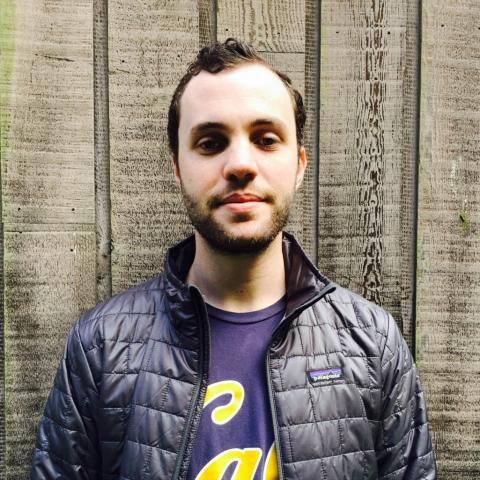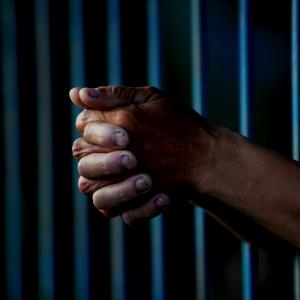
Jonathan Orbell is a freelance writer and graduate student in theology at Fuller Theological Seminary. His work has appeared at Religion Dispatches and Sacred Matters Magazine. He can also be found on Twitter @jonorbell.
Posts By This Author
The Urgent Hope of Ta-Nehisi Coates

Image via sakhorn/Shutterstock
Ta-Nehisi Coates is at it again — this time in The Atlantic’s newly released October 2015 issue.
In “The Black Family in the Age of Mass Incarceration,” Coates wrestles with the dark underside of criminal justice in the United States. As he is apt to do, Coates effortlessly teases out the connections between our nation’s present situation — unimaginably high rates of incarceration, particularly among black Americans — and our historical plundering of the black community. Conceptually nuanced, historically rigorous, and artfully crafted, “Family” is a success on every level.
Yet soon after Coates’ piece was published, Thabiti Anyabwile issued a cogent response decrying Coates’ apparent hopelessness. Anyabwile’s response highlighted fundamental differences in the two writers’ worldviews. Physical bodies and the violence they endure, not theologies, are afforded primacy of place in Coates’ analyses.
In this sense, Anyabwile serves as an interesting counterweight to Coates. A pastor at Capitol Hill Baptist Church and council member with The Gospel Coalition, Anyabwile is unabashedly Christian. The “comforting narrative of divine law,” eschewed so often by Coates, is one in which Christians like Anyabwile and myself regularly take solace.
Why Christians Need Coates

Image via Bildagentur Zoonar GmbH/Shutterstock
My people — that is, white evangelical Protestants — aren’t good at talking about race.
This fact has been born out by years of social scientific research. A number of years ago, based on thousands of interviews with evangelicals around the country, Christian Smith and Michael Emerson posited that, "evangelicals have a theological world view that makes it difficult for them to perceive systemic injustices in society."
Unfortunately, the situation hasn’t improved much in recent years. In 2014, the Public Religion Research Institute found that two-thirds of white evangelicals agree that black and white Americans receive equal treatment under the law. More than 80 percent of black Protestants disagreed with the same statement.
Apparently, white evangelicals just don’t think race is that big of a problem. And even if we did, we don’t have the conceptual tools necessary to address the underlying, structural forces at play. It’s time for us to start listening. But how? Where do we begin?
With Ta-Nehisi Coates.